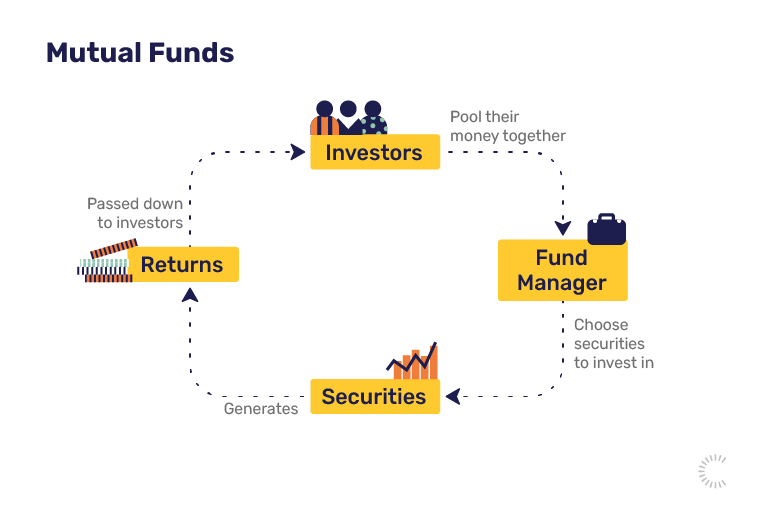If the idea of purchasing the stock exchange scares you, you are not alone. People with really limited experience in stock investing are either horrified by scary stories of the average financier losing 50% of their portfolio valuefor example, in the two bearish market that have actually already taken place in this millennium or are beguiled by "hot suggestions" that bear the guarantee of substantial benefits however hardly ever settle.
The reality is that purchasing the stock exchange brings danger, but when approached in a disciplined manner, it is among the most efficient ways to build up one's net worth. While the worth of one's home usually accounts for most of the net worth of the average individual, the majority of the upscale and really abundant typically have most of their wealth purchased stocks.

Key Takeaways Stocks, or shares of a business, represent ownership equity in the company, which offer investors voting rights along with a residual claim on business profits in the form of capital gains and dividends. Stock exchange are where private and institutional investors come together to buy and sell shares in a public location.
For instance, an individual or entity that owns 100,000 shares of a business with one million exceptional shares would have a 10% ownership stake in it. Most companies have impressive shares that run into the millions or billions. Typical and Preferred Stock While there are two primary types of stockcommon and chosenthe term "equities" is synonymous with common shares, as their combined market price and trading volumes are many magnitudes larger than that of preferred shares.
Preferred shares are so named due to the fact that they have choice over the typical shares in a business to get dividends As assets in the event of a liquidation. Common stock can be further classified in terms of their ballot rights. While the standard facility of typical shares is that they ought to have equal ballot rightsone vote per share heldsome companies have double or several classes of stock with various voting rights connected to each class.